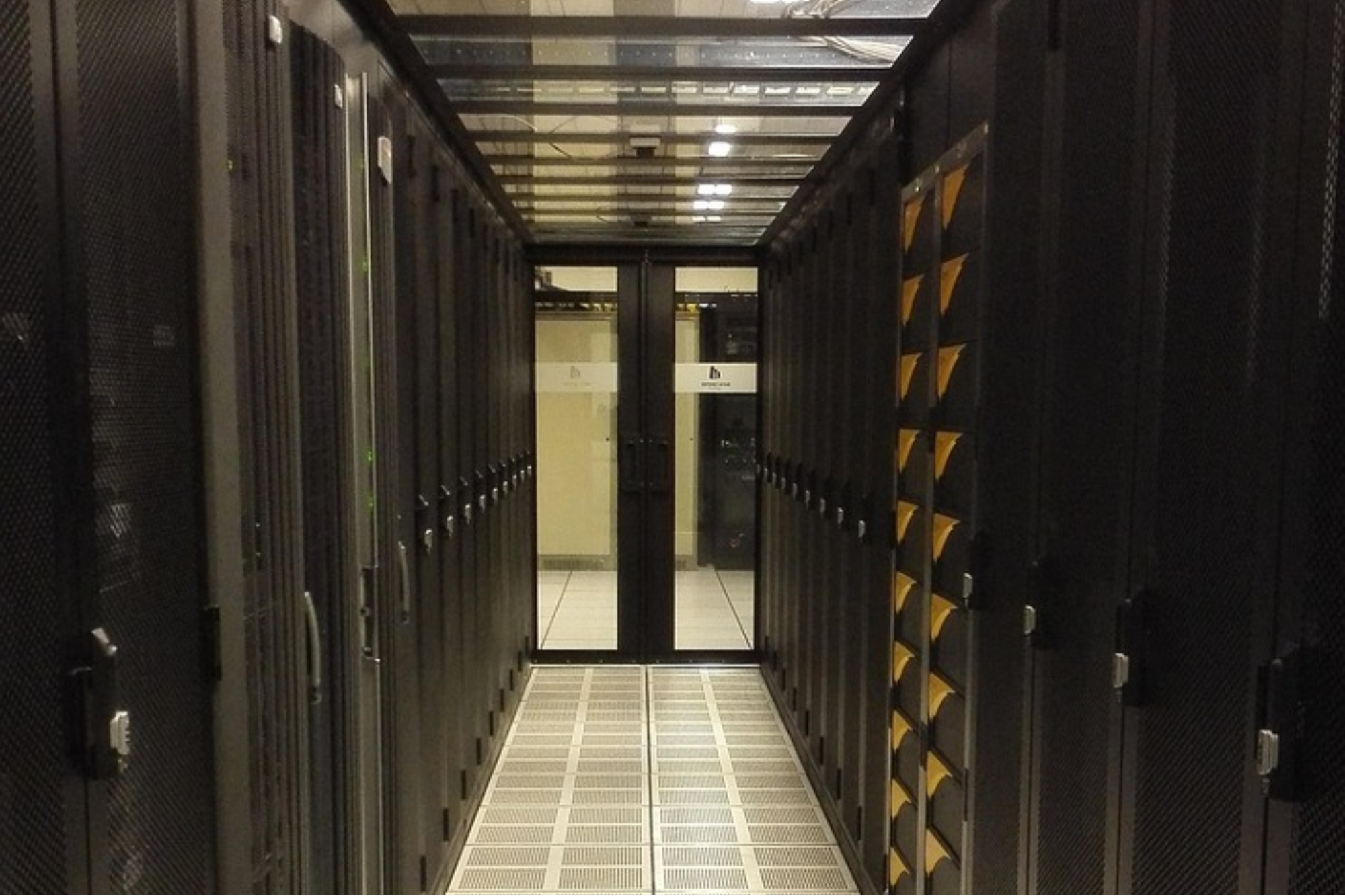Tech Industry Hails India's GST Overhaul, Hopes Revival Of Growth In Smaller Cities TVs, air-conditioners, and other appliances set to get significantly more affordable for millions of Indian households.
By Kul Bhushan
Opinions expressed by Entrepreneur contributors are their own.
You're reading Entrepreneur India, an international franchise of Entrepreneur Media.

India's GST overhaul has a huge impact on the consumer technology industry with most of the items in the reach of common people set to become more affordable.
Just to recap, India is now doing away with the four-tier tax slabs for indirect taxes, and is now bringing a simplified two-tier slabs at 5% and 18%. There's also a new 40% slab but restricted to a few items.
As expected, the move has been welcomed widely as it is likely to provide fresh impetus to the coming festival season sales as well as spur demand in the smaller cities.
What has changed for the consumer tech industry?
According to the new GST regime, tax on air conditioners and dishwashers has been reduced from 28% to 18%.
Earlier, TVs and monitors up to 32 inches earlier attracted 18% GST while larger TVs and monitors attracted 28% GST. Now all TVs and monitors will be uniformly taxed at 18%.
Also, the government has reduced rates on lithium-ion batteries, which power smartphones, laptops, tablets, and digital cameras, as well as power tools, e-bikes, and e-scooters, from 28% to 18%. Now, all batteries under heading 8507 will be uniformly taxed at 18% GST.
Industry welcomes the move
AKAI India CEO and Managing Director Anurag Sharma noted that the GST overhaul will make electronic items like televisions, air-conditioners, and other appliances significantly more affordable for millions of Indian households.
He also noted that the 18% GST bracket enables consumers to save around INR 3000 to INR 5000 on major appliances and encourages them to fulfil their needs this festive season. It will also help boost sales in smaller tier II and tier III cities.
"... The new GST rate cuts will also empower the entire electronics industry and fuel its momentum. Additionally, the industry will be able to enjoy faster transit times across state borders, enhanced overall operational efficiency, and reduced logistics costs," he said in a statement.
It's pertinent to note that air conditioner penetration in India is minuscule, with coverage in barely 8% of households. It is anticipated to see high growth in the country, thanks to rising incomes. It is also likely a byproduct of rising temperatures. It's projected to reach nearly 40% coverage in India by 2050. The growth is likely to be driven by demand in rural areas as well. The latest GST revision is likely to definitely add to this growth.
ICEA Chairman Pankaj Mohindroo called the overhaul as a landmark reform in India's tax journey.
"....By simplifying the structure and creating predictability, it lays a stronger foundation for growth- with stimulated demand and ease of doing business," he said.
"The reduction of GST on Air Conditioners and Televisions from 28% to 18% is especially welcome. This long-standing demand of the industry will make appliances more affordable, unlock domestic demand, and boost consumption, which is vital for scaling India's electronics manufacturing," he added.
Mohindroo also expressed hope that the government will consider the rationalisation of GST on smartphones and laptops from current 18% to 5% "given its potential to improve affordability and strengthen digital inclusion."
Preeti Bajaj, MD & CEO at Luminous Power Technologies, highlighted the reduction of taxes on renewable energy and key energy storage solutions.
"By lowering the GST on renewable energy devices to 5% and on non-lithium batteries to 18%, this reform makes clean energy and storage solutions more affordable and accessible for households and businesses. This is a powerful move that will not only boost demand and accelerate the adoption of solar energy but also strengthen grid stability and long duration storage for renewable power…," she said.
Hindustan Power Chairman Ratul Puri noted that the tax rate on coal has been raised from 5% to 18%, and that it may have a minor impact as the existing compensation cess of Rs 400 per tonne has now been subsumed within the GST rate. Puri, however, welcomed the nudge to green energy by reducing the GST rate.
"… to support the transition from fossil fuels to non-fossil sources, the reduction of GST on renewable sector products from 12% to 5% is truly transformative. It will further enhance renewable energy capacity and accelerate the adoption of green technologies such as biogas, solar cells, green hydrogen and battery energy storage systems," he said.










